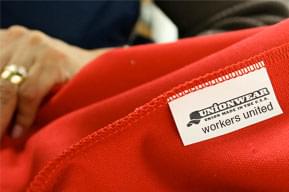Custom Gear, Made Right Here, 30+ Years. Unionwear is the leading manufacturer of union made in USA hats, bags and binders for the promotional, fashion and uniform markets. We employ 175 at our 70,000 square foot facility in Newark, NJ. Here is our story:
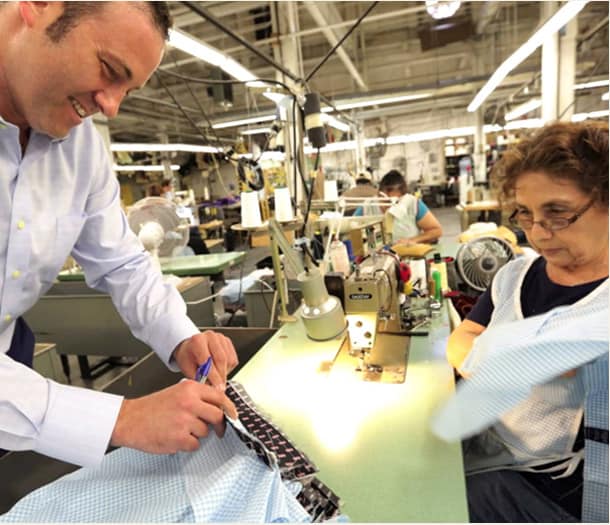
Do you want to see the words “Made in USA” again?
When you make something locally you create value. Local factories energize the economy and invigorate the community by creating jobs, supporting families, and recycling dollars.
Unionwear’s sustainability is built on a foundation of enduring client relationships and workplace satisfaction. We reward our garment workers with union wages and benefits so they have a stake in the long term success of our customers. A living wage can buy the gifted hands of a veteran seamstress. Low employee turnover means knowhow and resourcefulness on the shop floor. High morale means high productivity, lowering costs and speeding up deliveries. Company loyalty translates into pride in workmanship, which can mean pampering every order, every unit that sports our label.
Unionwear has invested heavily in a culture of continuous improvement. We innovate, we tinker, we adapt and we evolve. We’ve expanded into niches suited for the agile, local, “LEAN” manufacturer: small batch manufacturing, lightning fast product development and deliveries, medical packaging, travel gear, safety products, work wear. Now exchange rates and shipping headaches have made local manufacturing attractive again, even for labor intensive hats and bags.
Domestic Manufacturing
Tell us what you want and when you want it and give us a budget. We’ll make it happen.
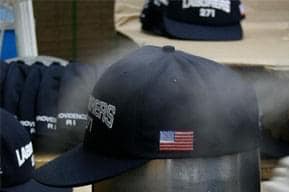
Domestic manufacturers have had to evolve to survive. Unionwear continuously re-engineers our products so we can manufacture locally without sacrificing clients’ profits. During the peak cheap import era there was no attention paid in China to the amount of labor that went into a product. These designs and habits continue even though labor costs are skyrocketing but domestic manufacturers have decades of experience developing techniques that help achieve the integrity of customers’ designs and functionality and still stay within their budgets.
We often expect to undergo several rounds of sampling during product development, which is much easier with domestic manufacturers. For the first time in twenty years, you can actually reduce costs by manufacturing some products or assembling parts of your products domestically. We look for bulky products made from expensive fabrics in quantities large enough to build a dedicated, lean manufacturing production line, but not so large that China is turning them out by the millions.
Lean Manufacturing
Domestic manufacturers can compete by making sure that every minute working is spent creating value. The only way a manufacturer can create value is by making improvements to raw materials that clients are willing to pay for.
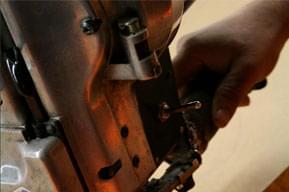
In the garment industry, value is created by cutting and sewing fabric, and decorating finished product. Manufacturers can’t create value by lowering labor costs or building up piecework inventory. Piecework has no value until customers are willing to pay for the finished product. Sewing a shirt is creating value–you are adding value to the fabric. The work done finding, collating, collecting, counting, cleaning, unpacking, carrying, and returning the cones of thread used to sew this shirt is “Non Value Added Work”. It’s an investment with no return and the worker worked just as hard not adding value as he would have if he were sewing. Lean manufacturing means eliminating all non value added work to lower costs, lower prices, and improve delivery times. Unionwear underwent a lean transformation from 2006 through 2008 is featured on the US Department of Commerce’s web site as a lean manufacturing success story.
Social Compliance
When workers earn a living wage and health benefits, turnover is low, morale is high, and they have a stake in the company’s success and identify with its clients.
The “Made in USA” label might not convince consumers to spend more on textiles yet, but labor content in product labeling is as important as ever. Popular buzzwards like Locally Grown, Fairly Traded, SweatFree, Union Made, and Living Wage are all certifications that say something about how and where a product is made. Buying local is important to consumers because it demonstrates that you create value in the community. Taking a stand against sweatshops will reduce exploitation and increase worker rights worldwide. Devastating factory fires continue to occur in unsafe working conditions to this day.
Union Made
The union label is a badge of quality, workplace justice, and living wage.
Unionwear’s employees are represented by Workers United, Local 155, and as such earn health insurance, pension, vacation days, and holidays. It is a myth that “union made” costs more than just “made in USA”. Domestic worker rights laws affecting the federal minimum wage, family leave, and equal pay, and affordable health care passed during Democratic control of Congress narrowed or eliminated cost differential between union and non union domestic factories.
Made in Newark
300 factories with 12,000 workers call Newark, NJ home. Location, labor, and transit have made Newark the East’s manufacturing hub for 150 years. All Unionwear products are made in Newark. Unionwear is active in an active participant in the Newark Workforce Development Board. NRBP. Newark College Freshman Institute. Hire Newark Program, and My Brothers Keeper.
Unionwear’s Clients
The Made in USA Label allows any business to partner with the most valuable brand in the world—and the value of that label exceeds its cost more and more.
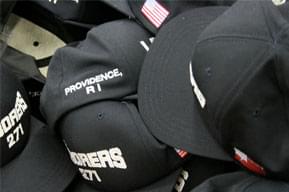
Unionwear sells through a nationwide network of thousands of promotional products distributors.
For years, Unionwear had focused on providing products to clients requiring products to be made in USA, so we were not forced to compete with imports on price. The US military and federal government accounted for a third of our business, with clients like labor unions and presidential campaigns representing much of the balance.
However, the era of cheap imports is over. Inflation, labor unrest, and burgeoning consumer demand in Asia, the weak dollar and fears of the artificially devalued Yuan, and transportation costs and headaches have led textile companies to hedge production by including domestic components. As the premium paid for domestic production shrinks, more and more markets are enforcing labor standards in their procurement: Colleges. Federal, state, and local governments. Corporations with strong union workforce for employee gear. Nonprofits. Since 2011 Unionwear has even seen a surge in contract work for the garment business.

 Dad Caps
Dad Caps
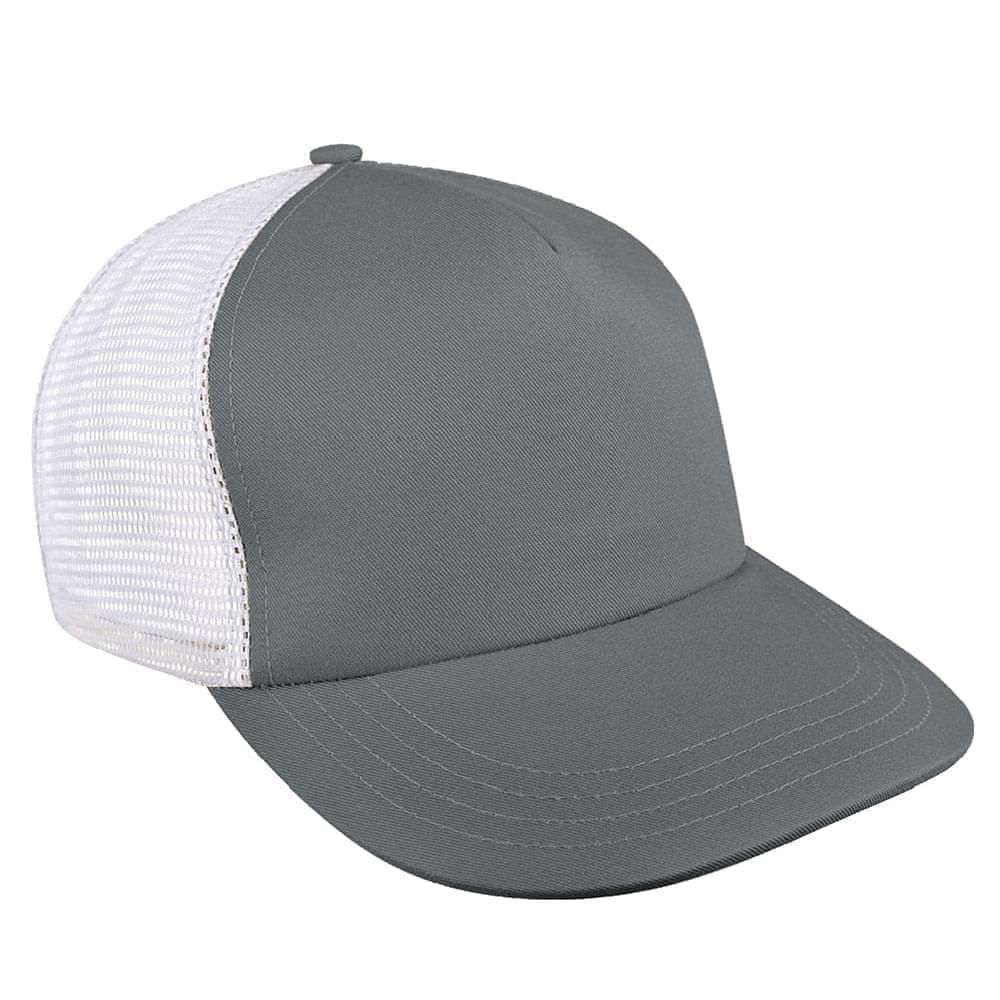 Five Panel Hats
Five Panel Hats
 Mesh Back Hats
Mesh Back Hats
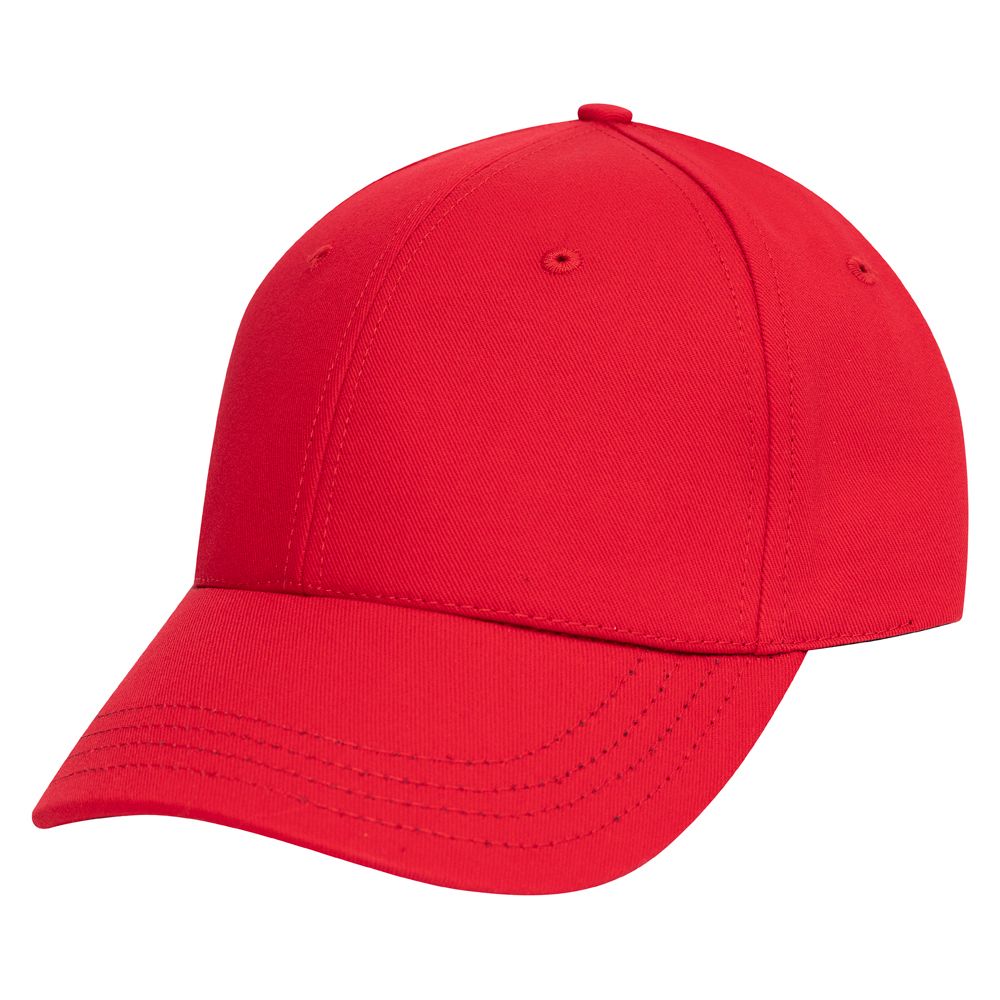 In Stock Blanks
In Stock Blanks
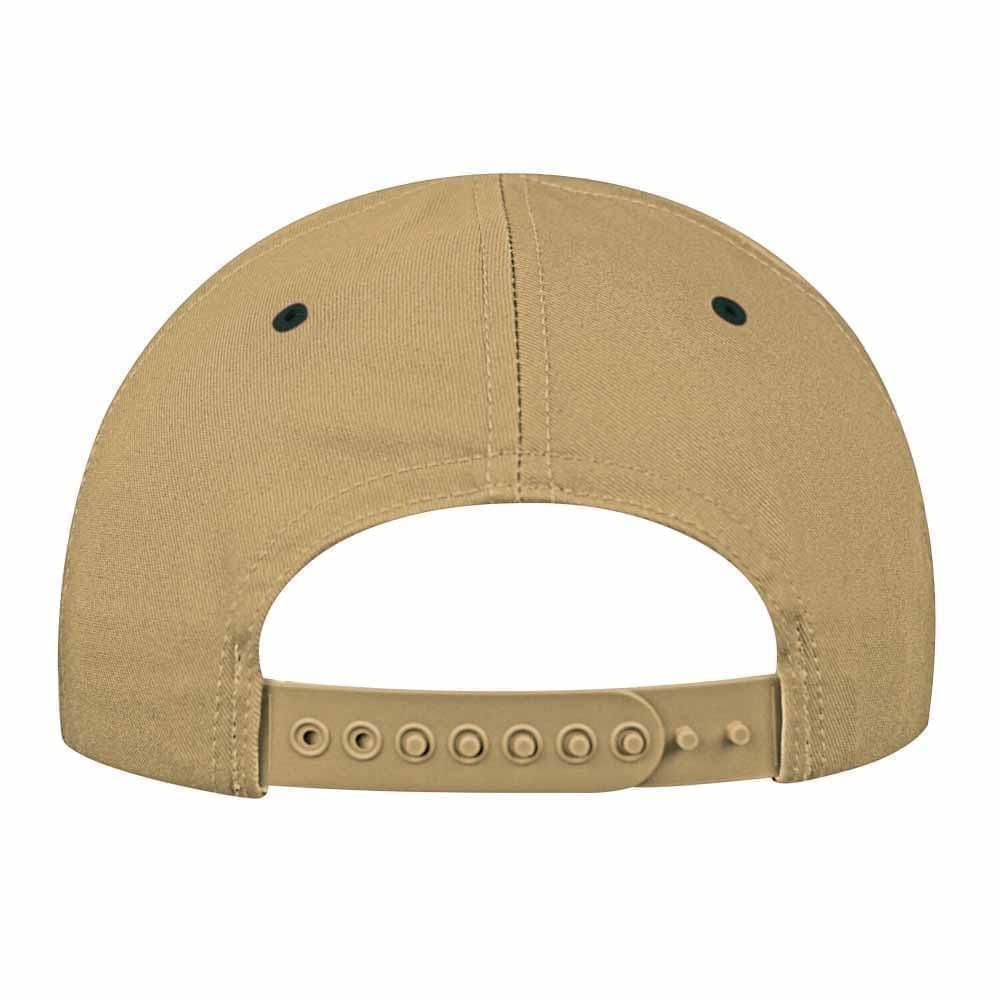 Snapback Hats
Snapback Hats
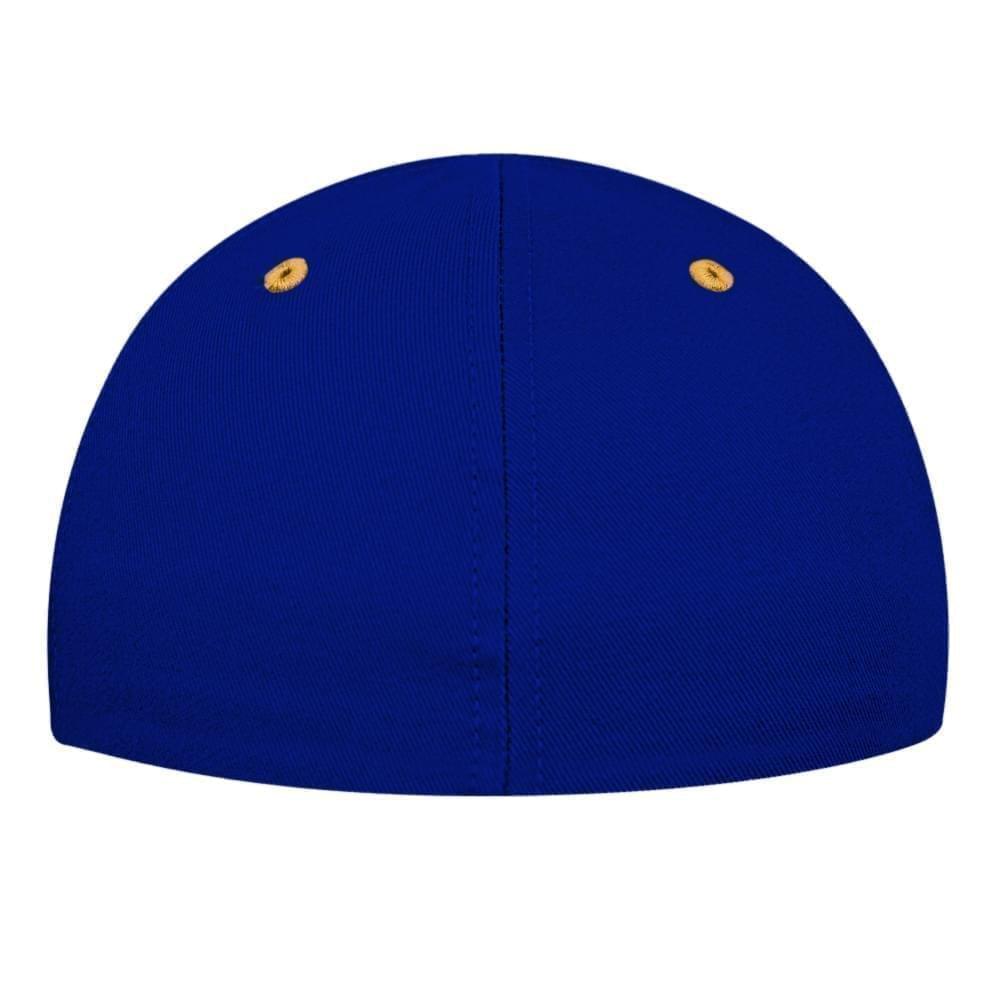 Stretchfit Hats
Stretchfit Hats
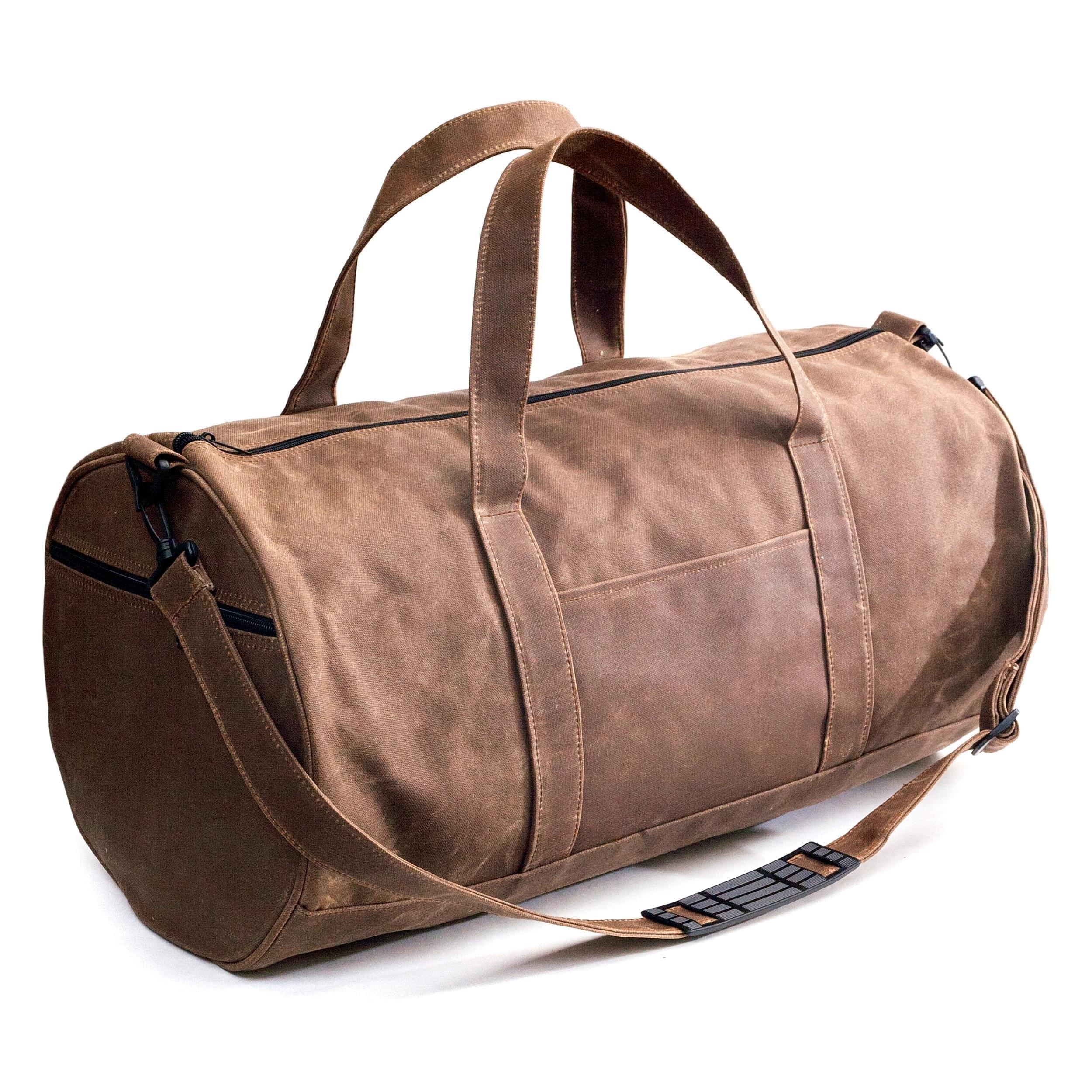 Duffel Bags
Duffel Bags
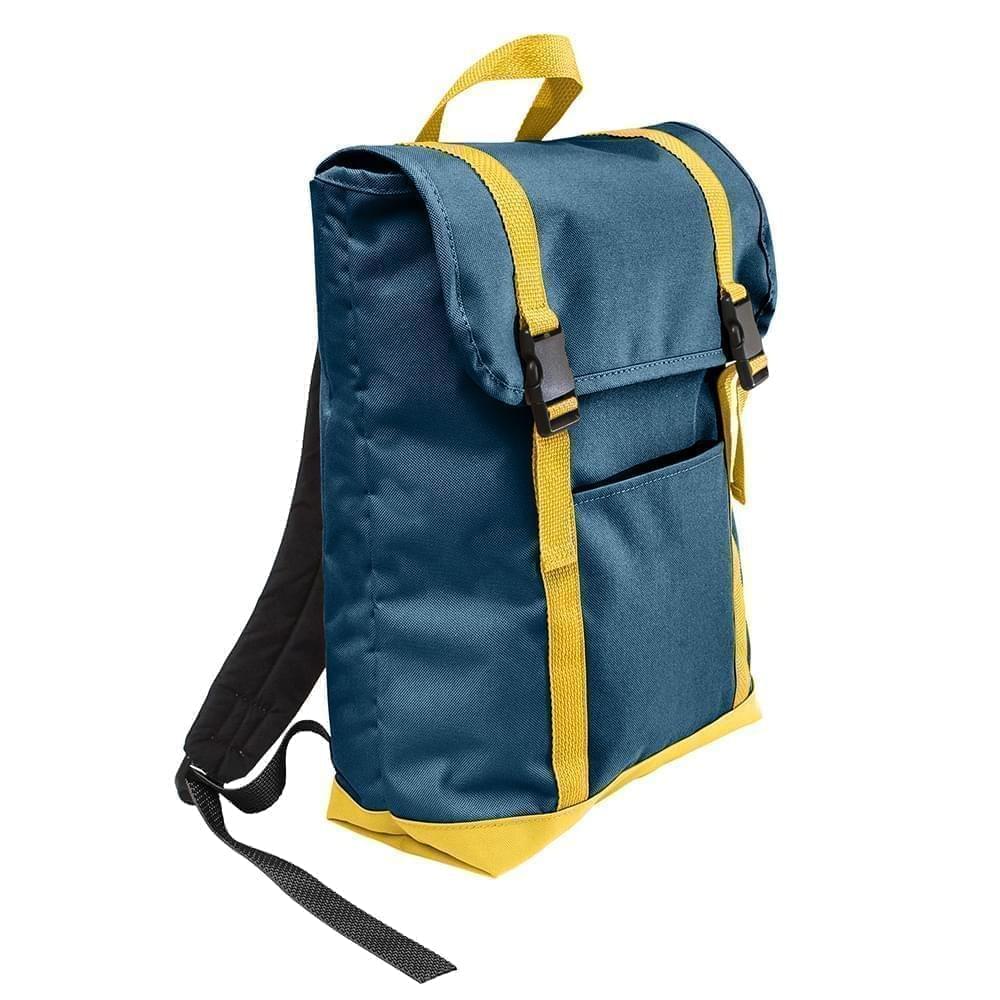 Backpacks
Backpacks
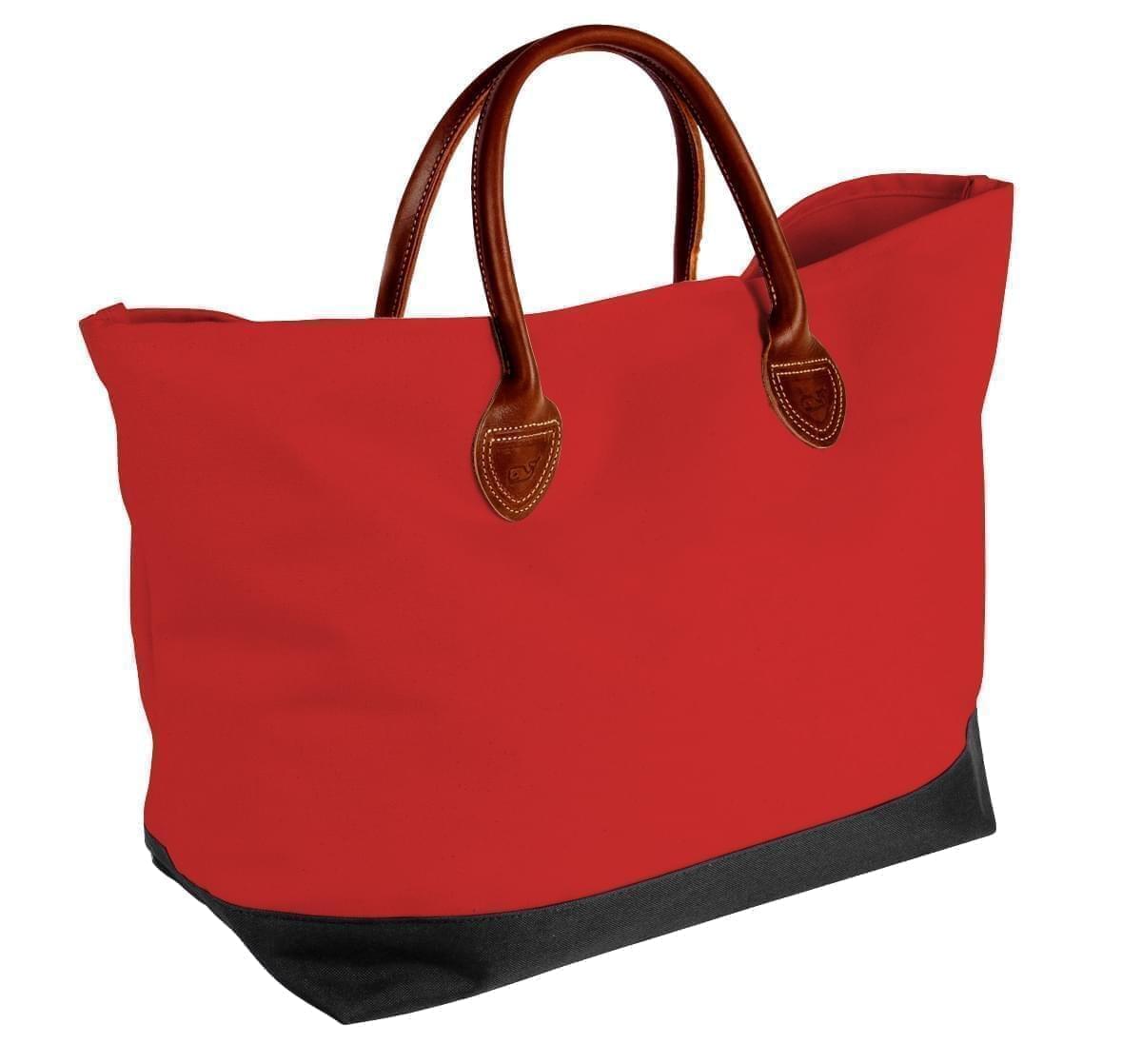 Tote Bags
Tote Bags
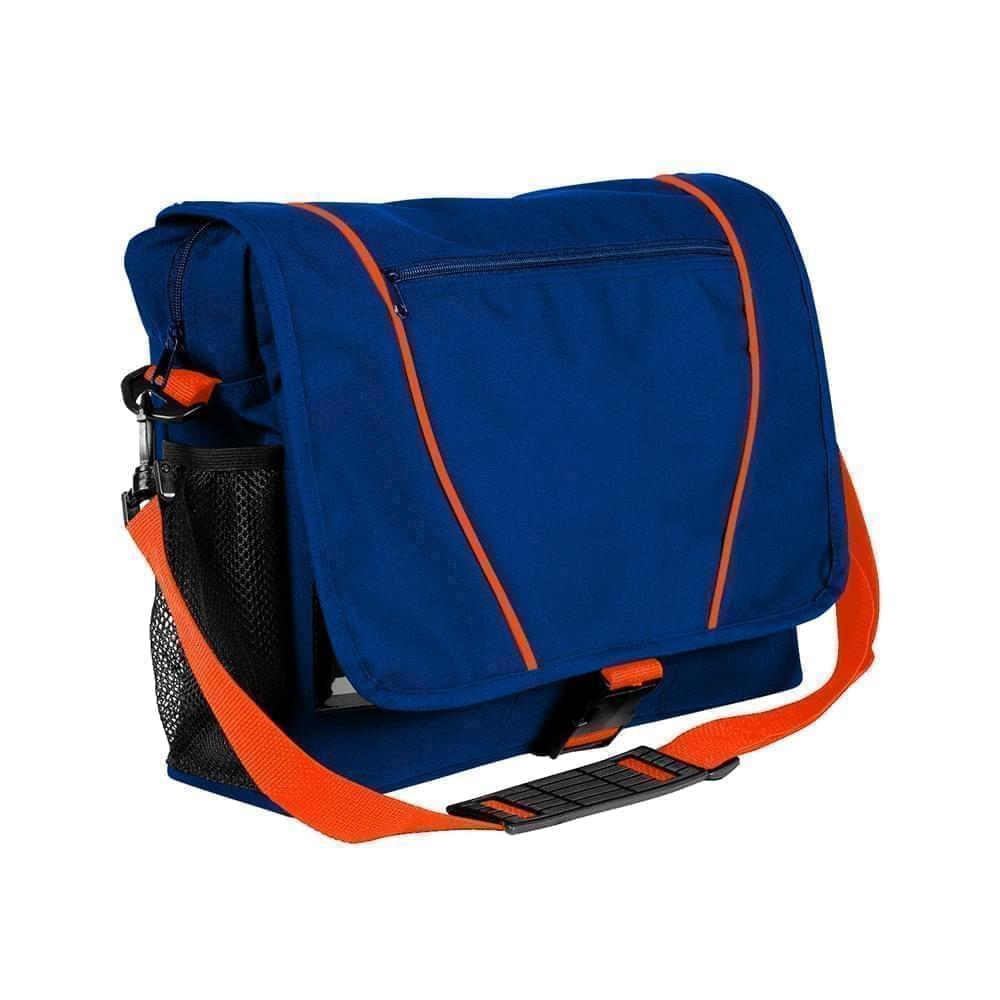 Computer Bags
Computer Bags
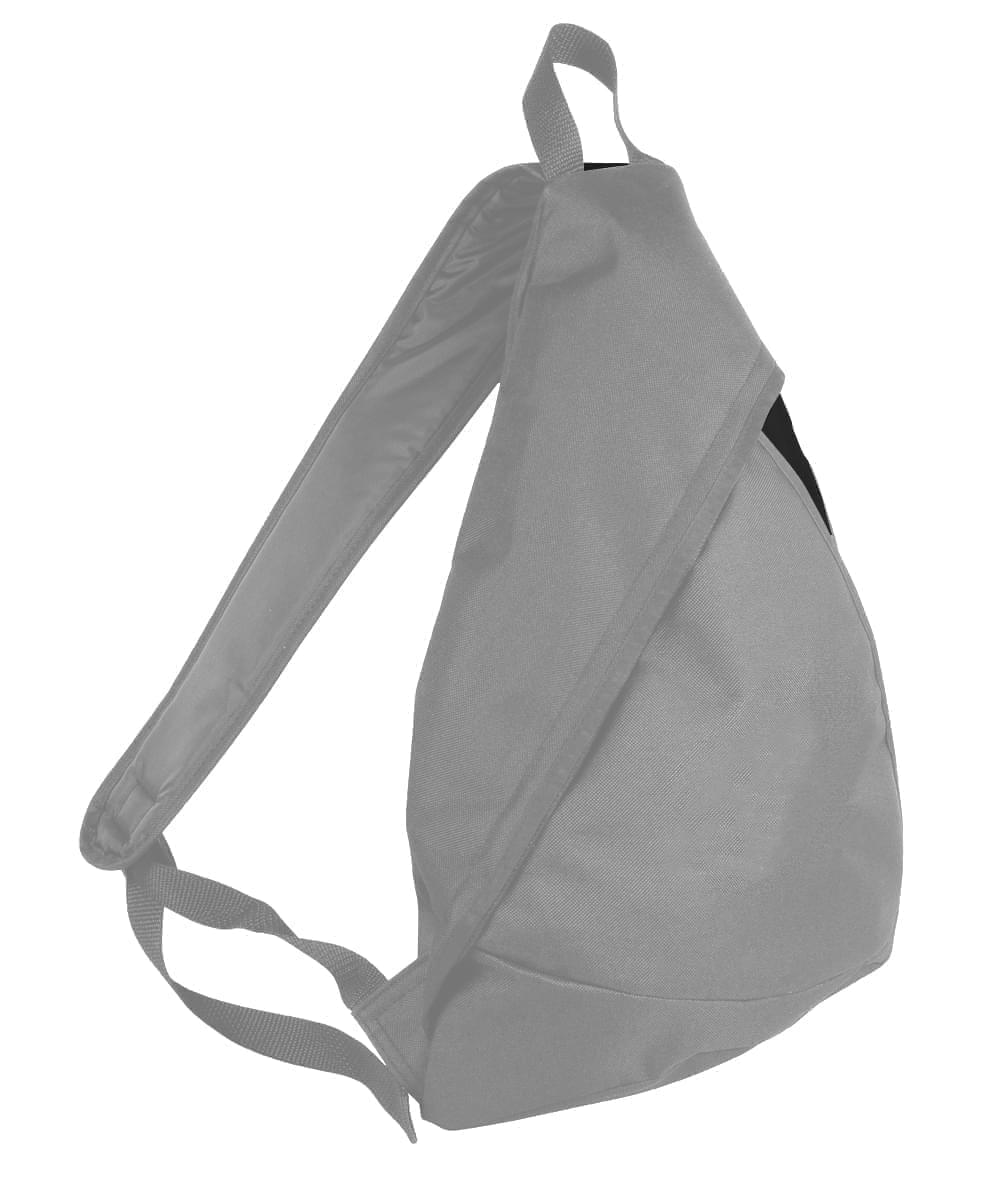 Sling Messenger Bags
Sling Messenger Bags
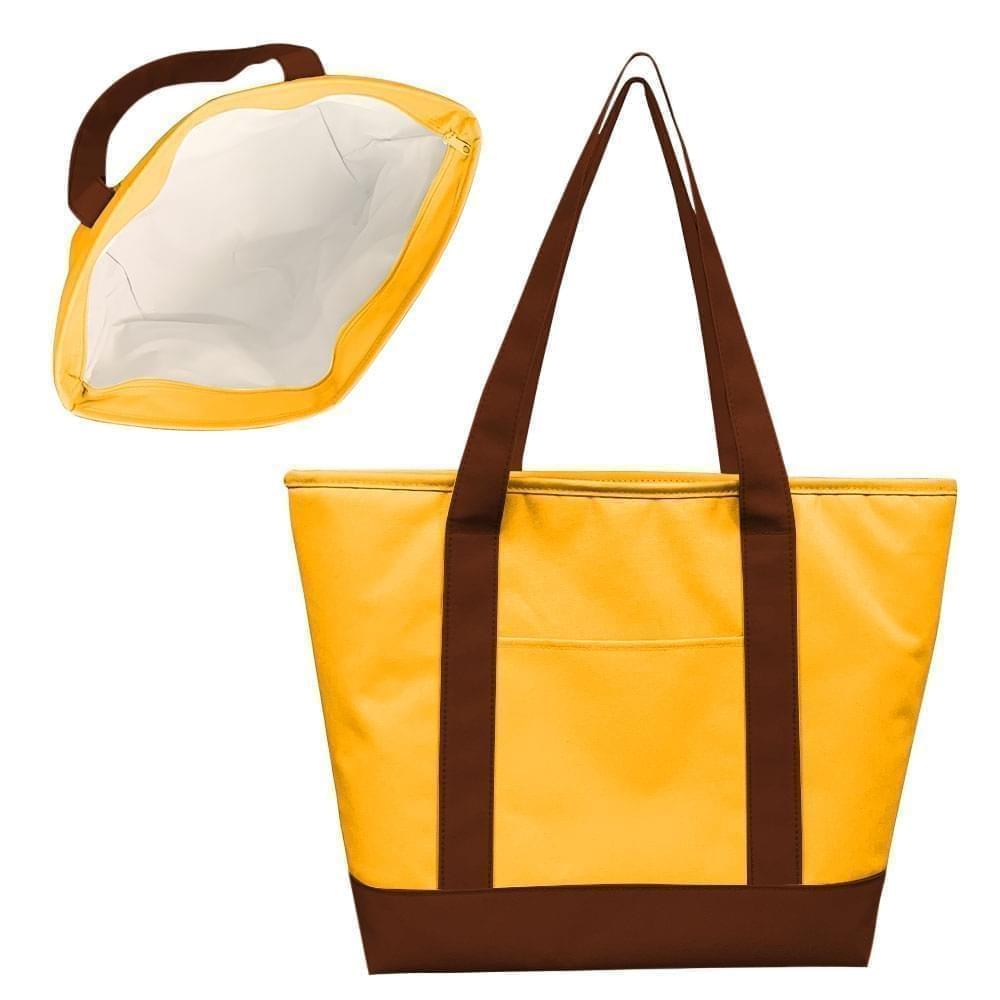 Cooler Bags
Cooler Bags
 Cuff Hats
Cuff Hats
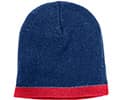 Beanies
Beanies
 Scarves
Scarves
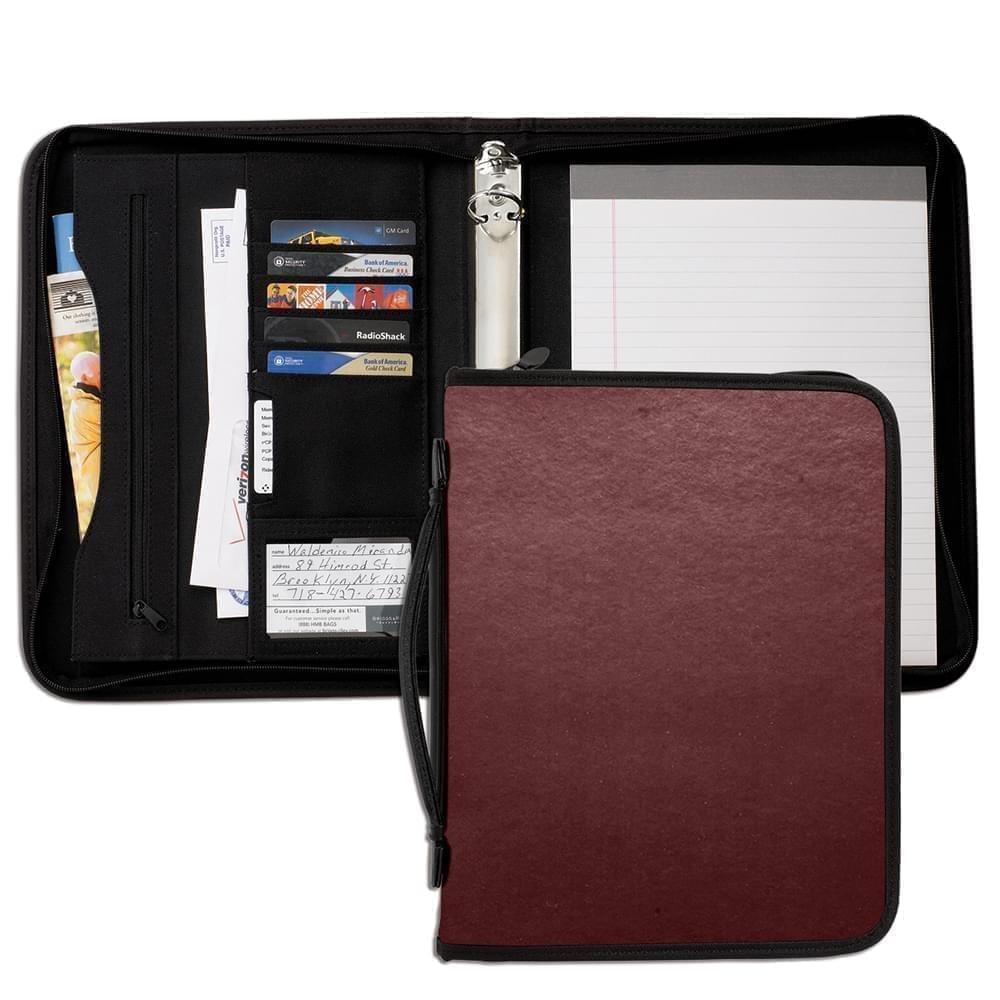 Zipper Folders
Zipper Folders
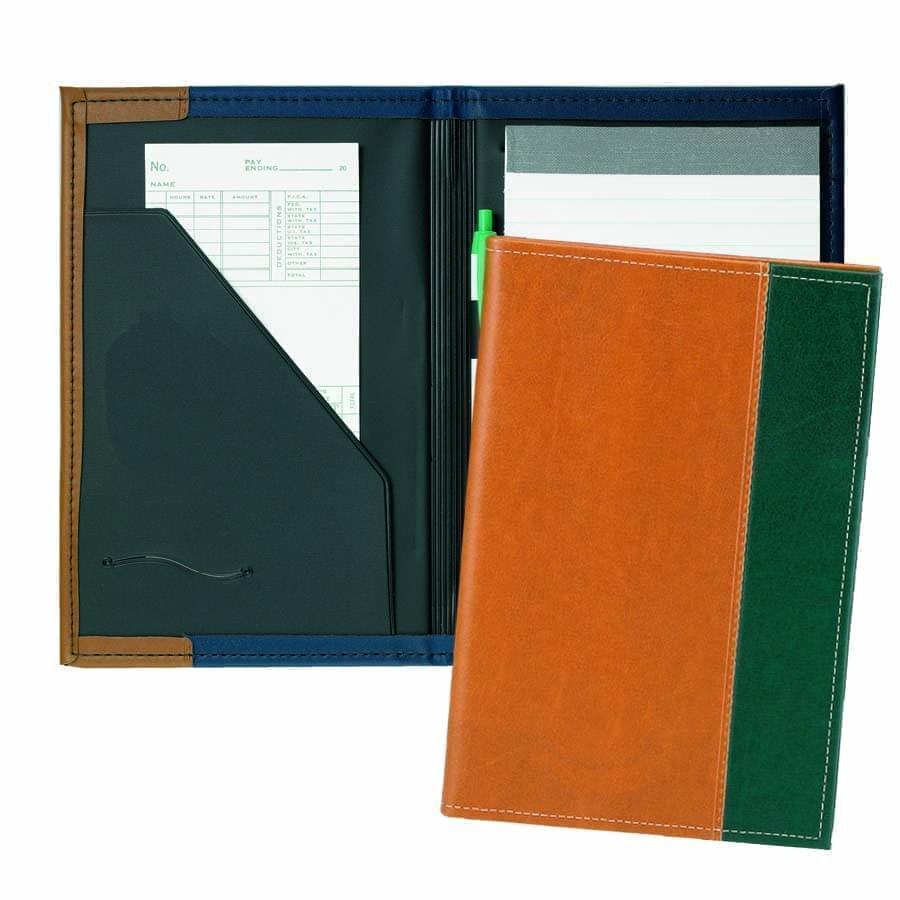 Stitched Folders
Stitched Folders
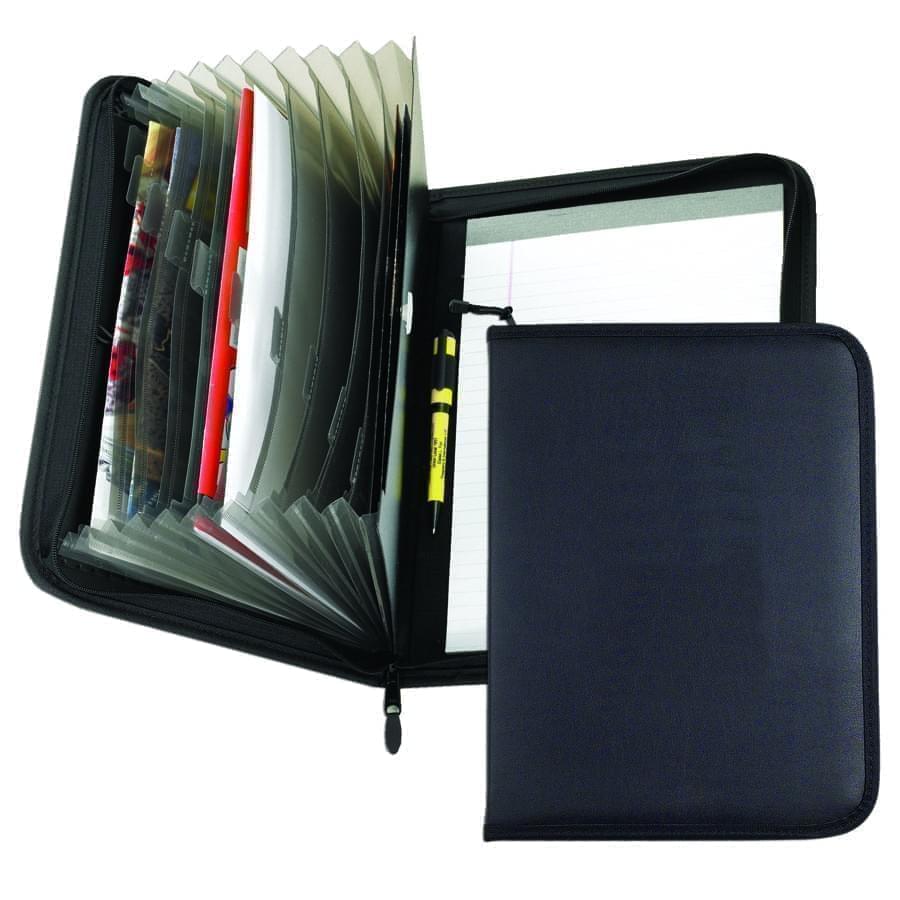 Accordion Folders
Accordion Folders
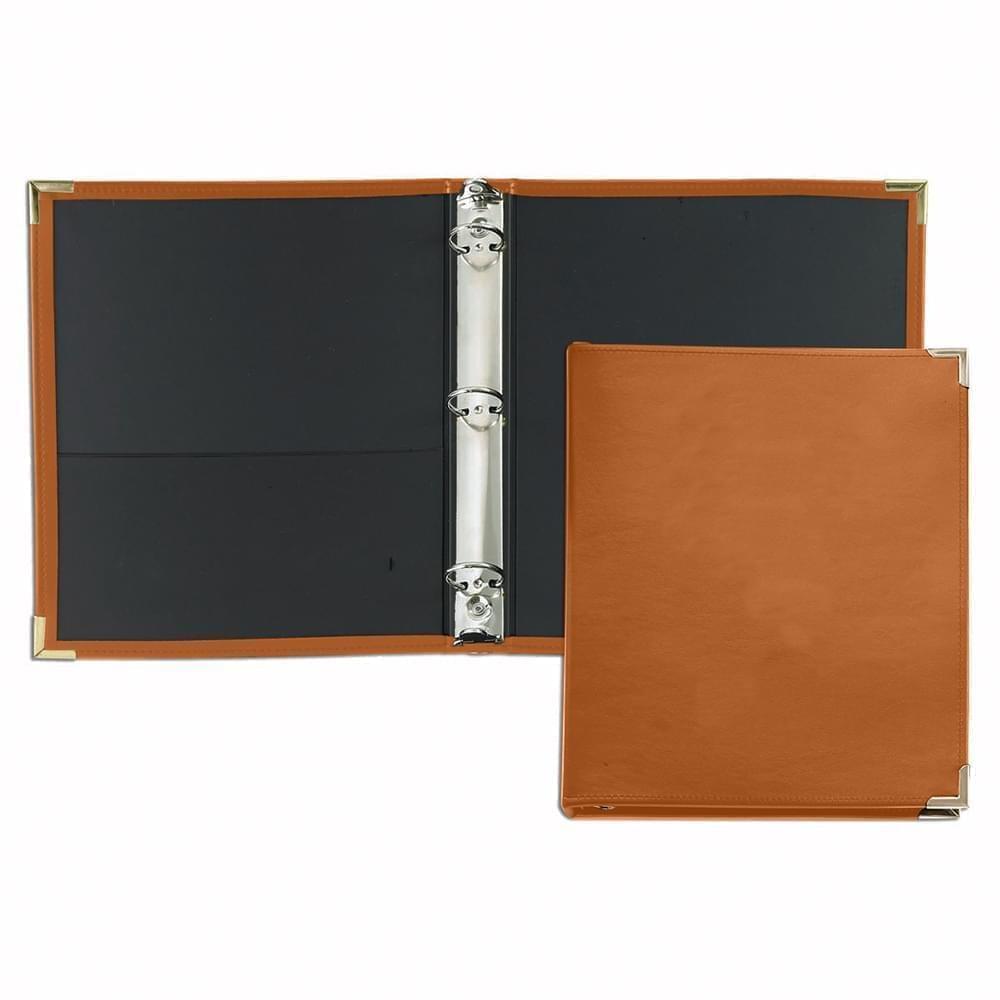 Ring Binders
Ring Binders
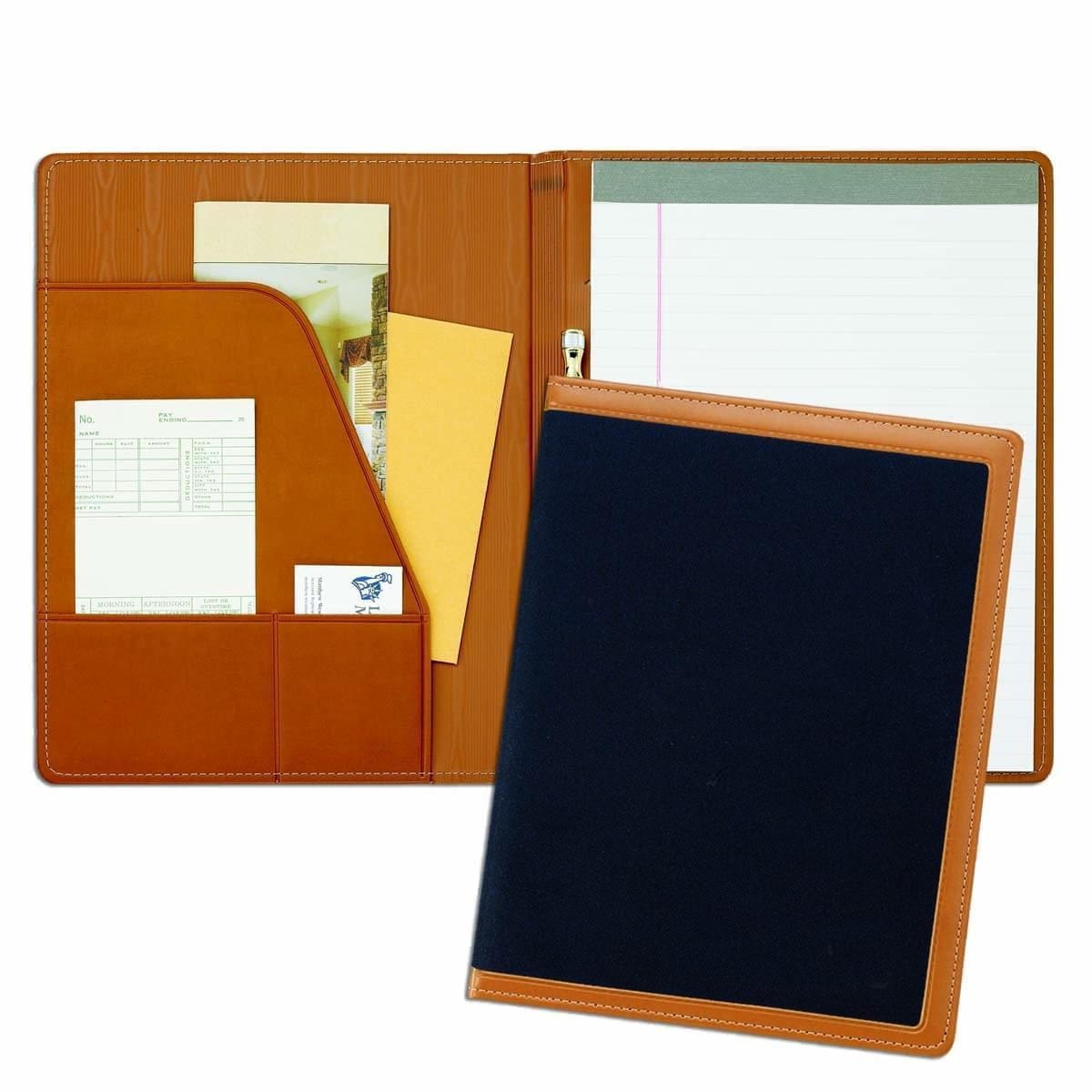 Letter Folders
Letter Folders
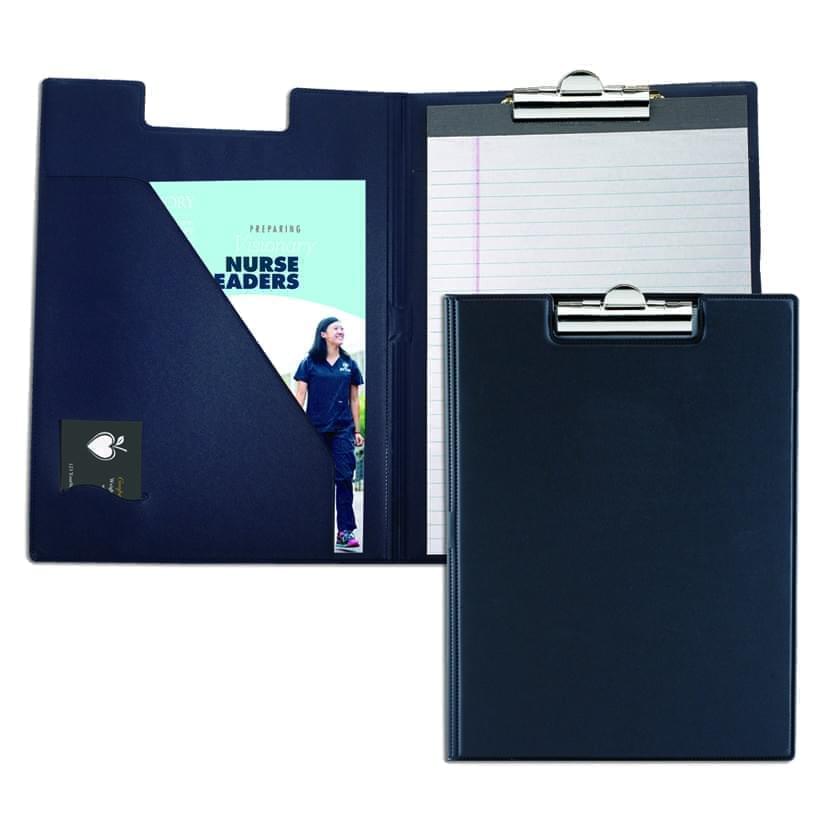 Clipboards
Clipboards
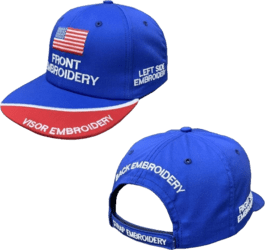
 Union Made In USA
Union Made In USA
